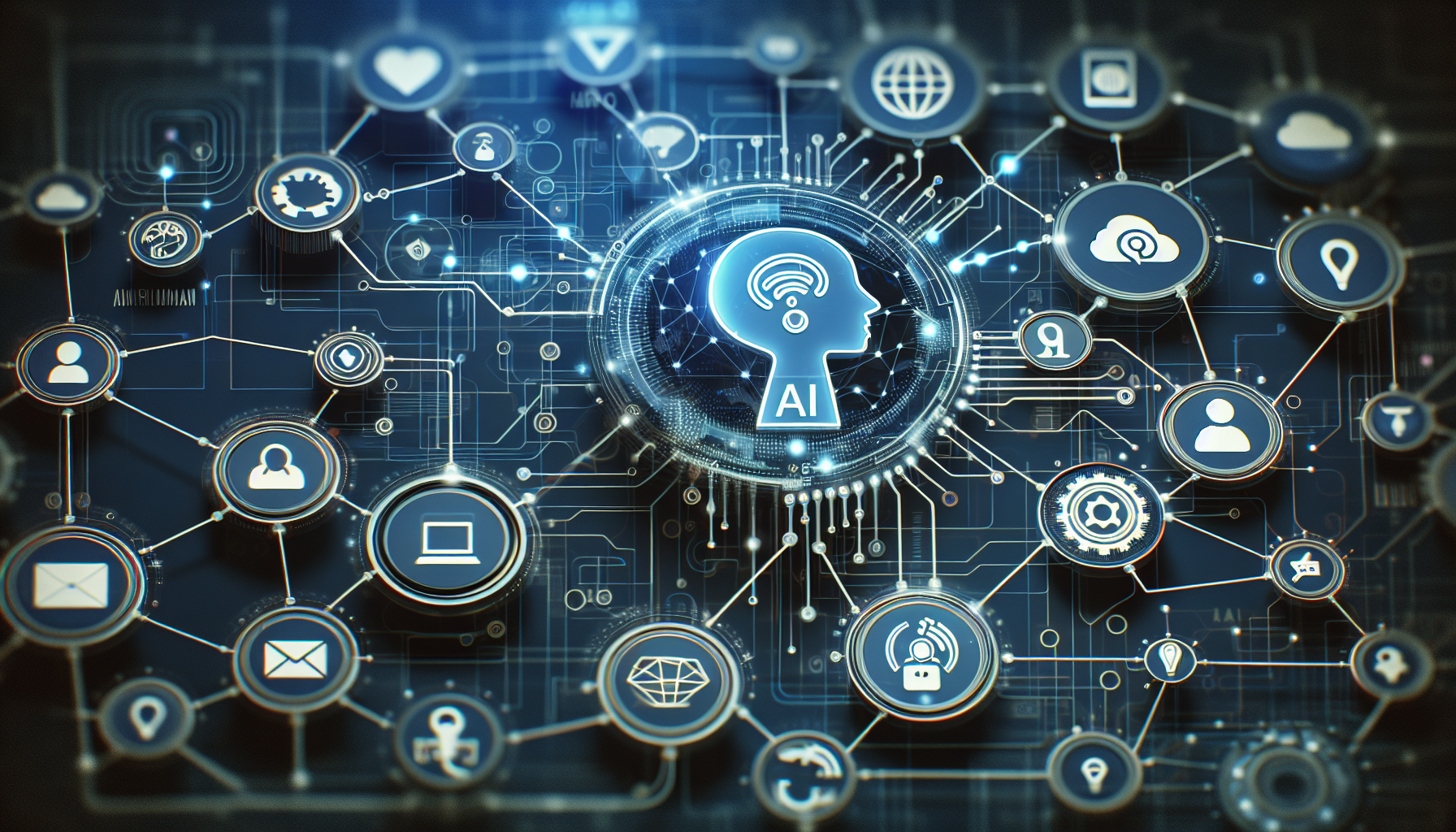The Development of the German Economy
- Author:Basir
- Email:bas***@moneyleak.org
- Title:The Development of the German Economy
- Purpose:I want to understand if it’s going to be a bright future of if the economy is rather going down
Historical Foundations: From Post-War Reconstruction to Economic Miracle
The foundations of Germany’s economic success were laid in the aftermath of World War II. Devastated by conflict, West Germany embarked on a path of reconstruction that led to the renowned “Wirtschaftswunder” or economic miracle during the 1950s and 1960s. This period was characterized by rapid industrial growth, low unemployment, and rising living standards, fueled by factors such as the Marshall Plan, currency reform, and the establishment of a social market economy.
Key Factors in Post-War Recovery
The introduction of the Deutsche Mark in 1948 stabilized the economy, while liberal trade policies encouraged foreign investment and exports. Additionally, the commitment to vocational training and a skilled workforce provided a competitive edge in manufacturing and engineering sectors.
Industrial Powerhouses: Automotive, Engineering, and Beyond
Germany’s industrial sector remains a cornerstone of its economy. The automotive industry, home to giants like Volkswagen, BMW, and Mercedes-Benz, not only drives domestic growth but also plays a pivotal role in global markets. Similarly, the engineering sector, known for its precision and quality, spans machinery, electrical equipment, and chemicals, contributing significantly to exports and innovation.
Automotive Industry: Innovation and Sustainability
In recent years, German automakers have invested heavily in electric vehicles (EVs) and autonomous driving technologies. Volkswagen’s commitment to launching numerous EV models and BMW’s advancements in sustainable mobility exemplify the industry’s shift towards environmentally friendly solutions.
Export Orientation: Germany as a Global Export Leader
Germany boasts one of the world’s most robust export economies. With exports accounting for approximately 47% of its GDP, the country maintains a trade surplus driven by high-quality goods and strong demand from international markets. Key export partners include the United States, China, and other European nations, underscoring Germany’s integral role in global trade networks.
Top Export Products and Markets
Machinery, vehicles, chemical products, and electronic equipment top Germany’s export list. The ability to consistently deliver precision-engineered products has solidified Germany’s reputation for reliability and excellence, fostering long-term trade relationships.
Innovation and Technological Advancements: Embracing Industry 4.0
Innovation is at the heart of Germany’s economic strategy. The country has embraced the fourth industrial revolution, known as Industry 4.0, integrating cyber-physical systems, the Internet of Things (IoT), and advanced data analytics into manufacturing processes. This transition enhances efficiency, flexibility, and customization in production, ensuring that German industries remain competitive in a rapidly evolving technological landscape.
Research and Development Investments
Germany consistently ranks high in global R&D spending, with substantial investments in sectors like automotive technology, renewable energy, and biotechnology. Collaboration between universities, research institutions, and the private sector fosters a culture of continuous innovation.
Sustainability and Green Practices: Steering Towards a Sustainable Future
Sustainability has become a pivotal aspect of Germany’s economic agenda. The country is a global leader in renewable energy, particularly in wind and solar power, striving to reduce its carbon footprint and transition to a low-carbon economy. Initiatives like the Energiewende (energy transition) reflect Germany’s commitment to sustainable development, influencing industrial practices and consumer behavior alike.
Renewable Energy Initiatives
Germany aims to achieve 80% of its electricity from renewable sources by 2050. Investments in green infrastructure, coupled with supportive government policies, are accelerating the adoption of clean energy technologies and fostering job creation in the renewable sector.
Current Economic Challenges: Navigating a Complex Landscape
Despite its strengths, the German economy faces several challenges that could impact its future trajectory. Demographic shifts, with an aging population, pose risks to the labor market and social welfare systems. Additionally, global competition, particularly from emerging economies, threatens traditional manufacturing dominance. Supply chain disruptions, exacerbated by geopolitical tensions and pandemics, further test the resilience of Germany’s economic framework.
Addressing Demographic Changes
To counteract the effects of an aging workforce, Germany is investing in automation, promoting lifelong learning, and encouraging higher labor force participation among underrepresented groups, including women and immigrants.
Future Outlook: Prospects for a Bright Economic Future
The future of the German economy appears promising, albeit with caveats. Continued emphasis on innovation, sustainability, and skilled workforce development can bolster economic resilience and adaptability. Emerging sectors such as digital technologies, green energy, and biotechnology offer avenues for growth and diversification. However, addressing current challenges effectively will be crucial in maintaining Germany’s economic leadership.
Expert Predictions and Strategic Initiatives
Economists predict steady growth driven by technological advancements and export strength. Strategic initiatives focusing on digital transformation, sustainable practices, and international collaboration are expected to underpin Germany’s economic stability and expansion in the coming decades.
Conclusion: A Resilient Economy with a Promising Horizon
Germany’s economic development is a testament to strategic planning, industrial excellence, and adaptability. While challenges such as demographic shifts and global competition pose risks, the nation’s commitment to innovation, sustainability, and robust industrial sectors positions it well for a bright economic future. By navigating these challenges with proactive policies and continued investment in key areas, Germany is poised to maintain its status as a global economic leader.

Unlock AI automation for social media: save time, boost engagement, and gain smart insights for a powerful online presence!

Revolutionize healthcare with AI: smarter diagnoses, personalized treatments, and streamlined operations for better, more accessible care!